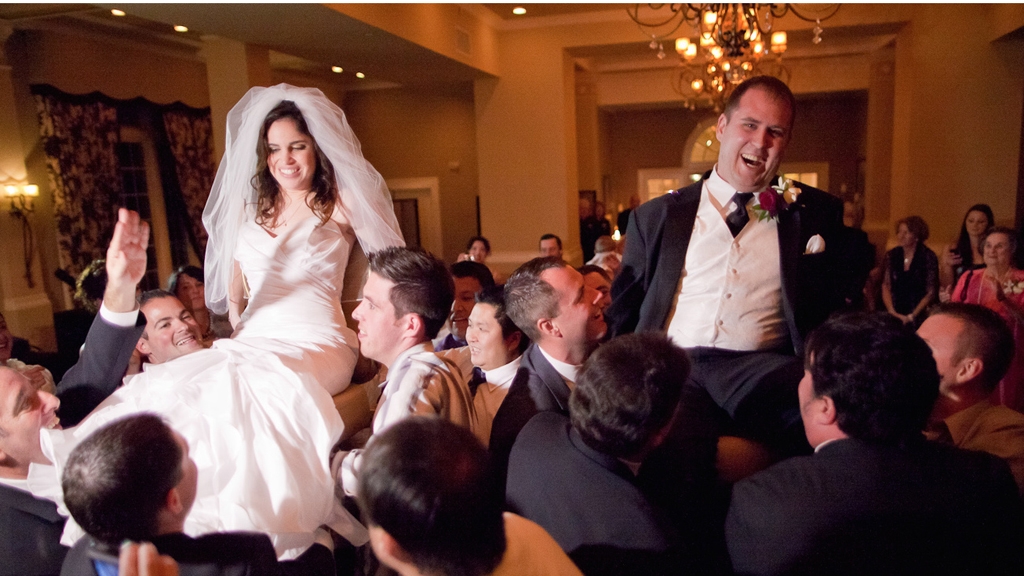Question: My rabbi said there are some times when you’re not allowed to have Jewish weddings. What are these times, and why not?
–Laurel, San Antonio
Answer: I always recommend that anyone planning a Jewish wedding get a hold of The New Jewish Wedding by Anita Diamant (the same woman who wrote The Red Tent and Day After Night). Since Anita is my go-to source for Jewish wedding information, I emailed her about your question. Here’s what she had to say:
“There are certain dates and days when weddings are not, traditionally, scheduled. Most important of all: Shabbat is off-limits, not only because of the inevitable work and travel that would violate the prescribed rest of the day, but also because of the notion that every simcha–every joy–should be celebrated individually.
With your help, My Jewish Learning can provide endless opportunities for learning, connection and discovery.
Weddings are not held on major holidays, though Hanukkah and Purim are okay. There are also two extended periods of public mourning that traditional Jews avoid: the three weeks between the 17th of Tammuz and the 9th of Av (summer months), a time that commemorates the destruction of the Temple; and the weeks of ‘counting the Omer’ between Passover and Shavuot (springtime) except for Lag Ba’Omer (the 33rd day in the counting of the Omer) which is a very popular date for weddings.”
There are actually diverse customs regarding weddings during the Omer. Some people observe the mourning only beginning after Rosh Chodesh Iyyar. Some people stop the mourning practices after Lag Ba’Omer. Others will not get married during the Omer unless it is Rosh Chodesh or Lag Ba’Omer. These customs vary by community, so if you do not have an established family tradition it’s best to ask your officiating rabbi.
The restriction of wedding dates is not upheld by the Reform movement. Some Reform rabbis officiate at weddings on days that more traditional communities might avoid. However, the manual for Reform rabbis says that marriages should not be performed on Tisha B’Av, the anniversary of the destruction of the Temple, “out of historical consciousness and respect” for the Jewish community.
The frustrating part of all this is that a good sized chunk of high wedding season is off limits because of the Jewish calendar. But the silver lining is that getting married in the off-peak season is way cheaper.
Mazel tov!



